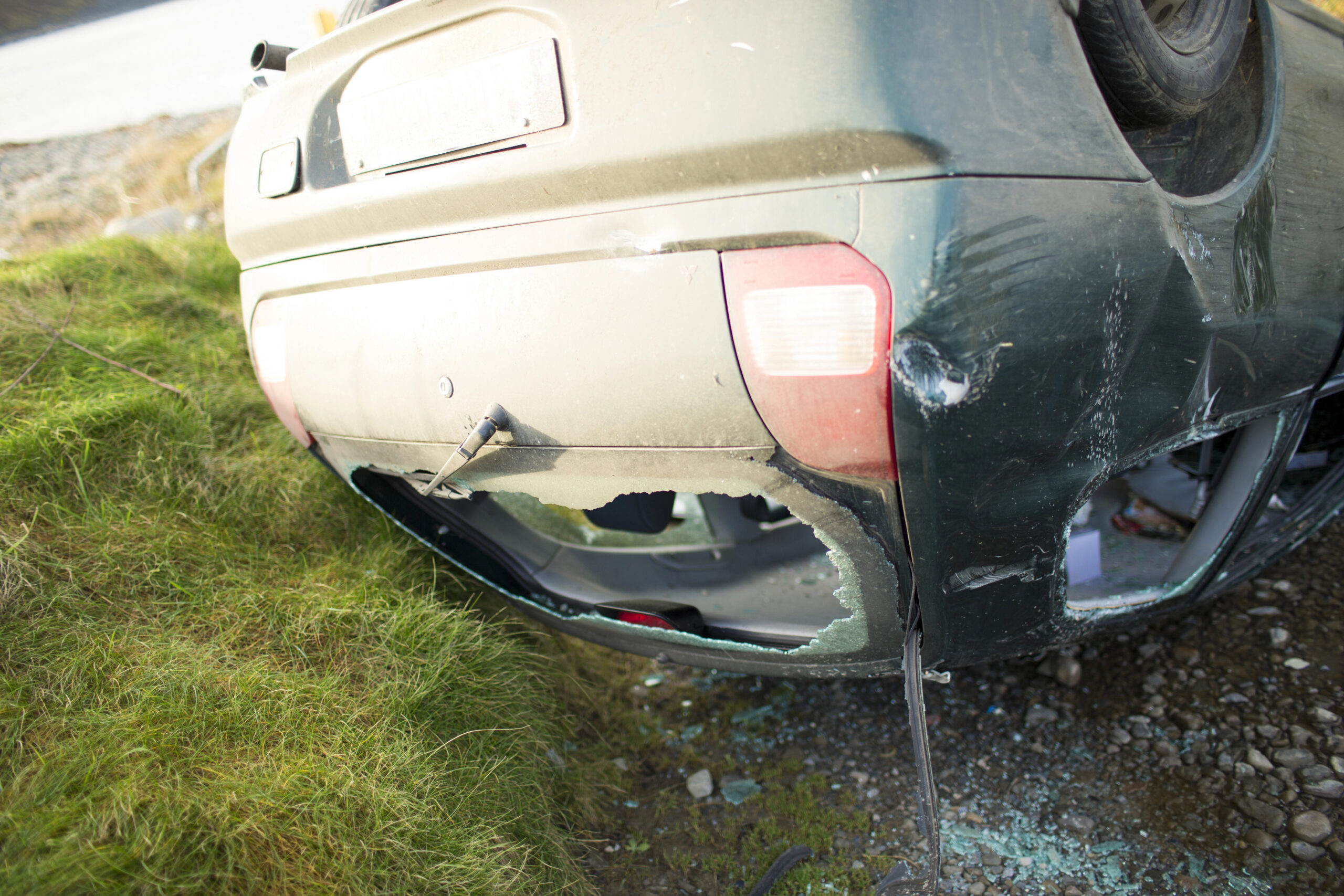A New Enquiry
The medical negligence process begins when we receive an enquiry for a potential medical negligence claim. Our Clinical Consultant will schedule a free consultation with the client to learn about the circumstances of the claim.
All new enquiries are presented at our bi-weekly triage meetings which all solicitors attend. This allows us to evaluate the potential issues associated with a matter and assign the most appropriate solicitor.
Often, we ask to obtain their clinical records to assess and determine whether there has been medical negligence in the client’s circumstance. In some instances, matters do not proceed if, as a group, we do not believe that the matter has reasonable prospects of success.
If we believe that the client has a potentially strong case, we then proceed to the investigation phase.
The Investigation Phase
The investigation phase begins with an initial client consultation with an appropriate solicitor with specific experience in claims in the area of medicine. This meeting will involve an in-depth discussion about the circumstances of the claim, the claims process, the damages that may be available and the recovery of legal fees from the insurer in the event of a successful outcome.
If the client wishes to proceed, we will provide them with our costs agreement and explain it to them. In most instances, we offer a no/win no fee agreement which essentially allows the client to pursue their matter without payment of our teams’ legal fees until the matter has been successfully resolved.
After the initial meeting, we will provide the client with a letter detailing the instructions given, our initial observations about the likely success of the case, and the next steps. This typically involves collecting all clinical records required and then consulting with a medical expert in the required field for an opinion about the quality of the care given.
At this stage, the client will be required to pay for the expert’s opinion. To mitigate costs, a preliminary opinion is provided before a report is requested, this opinion is crucial to the matter and can determine the prospects of success. If we receive a supportive opinion, on instructions from the client we request a report from the expert which gives extensive details of the liability of the defendant.
The solicitor will ask for your details of any Medicare, Centrelink or private insurance details to determine the payback amount. As third parties have subsidised treatment incurred from the client’s injury, it is necessary to pay these amounts back to the required party.
Filing a Statement of Claim
Once it is determined that the matter has reasonable prospects for success, a Statement of Claim is prepared on behalf of the client. This formal document commences proceedings in court and contains the pleadings of fact and allegations made against the negligent practitioner or hospital.
Once filed there will be a number of direction hearings before the Court to map out the procedural steps to prepare the matter for hearing. The process can take several months. Your solicitor will appear on your behalf at each of the directions hearings.
Your solicitor will also brief a barrister to advise and appear on your behalf. In many instances, we will also brief a barrister with extensive experience in the field of medical negligence. The barrister will work closely with your solicitor and attend any conferences, mediations and court hearings.
Quantum Evidence
As well as evidence about the liability of the practitioner or hospital, it is necessary to arrange assessments and obtain reports on the nature and extent of the injury or condition and the effect on the client’s day-to-day living. This assessment assists in determining the appropriate sum of damages which should be claimed. The nature of the injury or condition will determine the expert medical evidence required. Often it will be necessary to obtain expert reports from several different experts (such as an occupational therapist, rehabilitation physician or psychiatrist).
The appointments will be organised by our team assisting your solicitor. The insurer’s solicitor will also want to conduct their own independent assessments.
Mediation/Informal Settlement Conferences
As the matter progresses, there is an expectation that the parties will attempt to resolve the matter by means of alternative dispute resolution. This can occur through mediation or an informal settlement conference. Both are held on a ‘without prejudice’ basis, meaning anything said during mediation or informal settlement conferences is confidential and cannot be relied on in court proceedings.
Often cases settle at mediation and informal settlement conferences due to the efficiency of cost, time and mitigated risks involved. This process involves the client’s solicitor and barrister representing and taking instructions on behalf of the client. The client will be consulted throughout the process and our team will only settle the case once authorised to do so.
Negotiations may between legal representatives continue until the matter is settled or negotiation falters. If the matter does not settle, strategic offers are made to bring pressure to bear on the insurer to resolve the case and avoid the risk of an adverse costs order.
Court Hearing
In some circumstances matters proceed to a court hearing. There is risk at this point that the court may decide against you and order you to pay the legal costs incurred by the insurer.
When we take proceedings on behalf of a client we will be confident that the case will have good prospects of a positive monetary outcome for the client.
If any issues arise that change the current view as to the probability of a successful outcome, we will advise on the best way to manage risk, should it eventuate.










